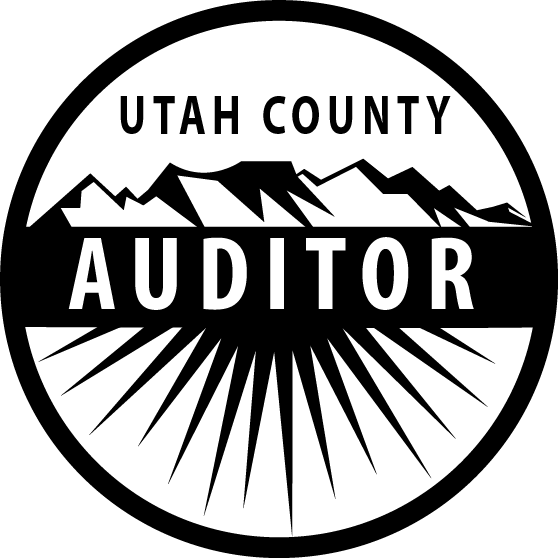
Per the Institute of Internal Auditors, internal auditing is an independent, objective assurance and consulting activity designed to add value and improve an organization's operations. It helps an organization accomplish its objectives by bringing a systematic, disciplined approach to evaluate and improve the effectiveness of risk management, control, and governance processes.
Per Utah Code 17-19a-401(1)(a)(i): A county auditor may conduct an investigation of an issue or action associated with or related to the auditor’s statutory duties, including investigating a book or account of a county office, officer, department, division, court or entity.
Per Utah Code 17-19a-204(1)(a): (a) Except as provided in Subsection (1)(b) and subject to Subsection (2), a county auditor is authorized to audit the financial records and accounts of a: (i) county office; (ii) county department; (iii) county division; (iv) county justice court; or (v) any other county entity.
Per Utah Code 17-19-102(3): "Audit" or "auditing" means an examination that is a formal analysis of a county account or county financial record: (a) to verify accuracy, completeness, or compliance with an internal control; (b) to give a fair presentation of a county's financial status; and (c) that conforms to the uniform classification of accounts established by the state auditor.
Per Utah Code 17-19a-102(1): "Account" or "accounting" means: (a) the systematic recording, classification, or summarizing of a financial transaction or event; and (b) the interpretation or presentation of the result of an action described in Subsection (1)(a).
Per Utah Code 17-19a-102(4): "Book" means a financial record of the county, regardless of a record's format.


